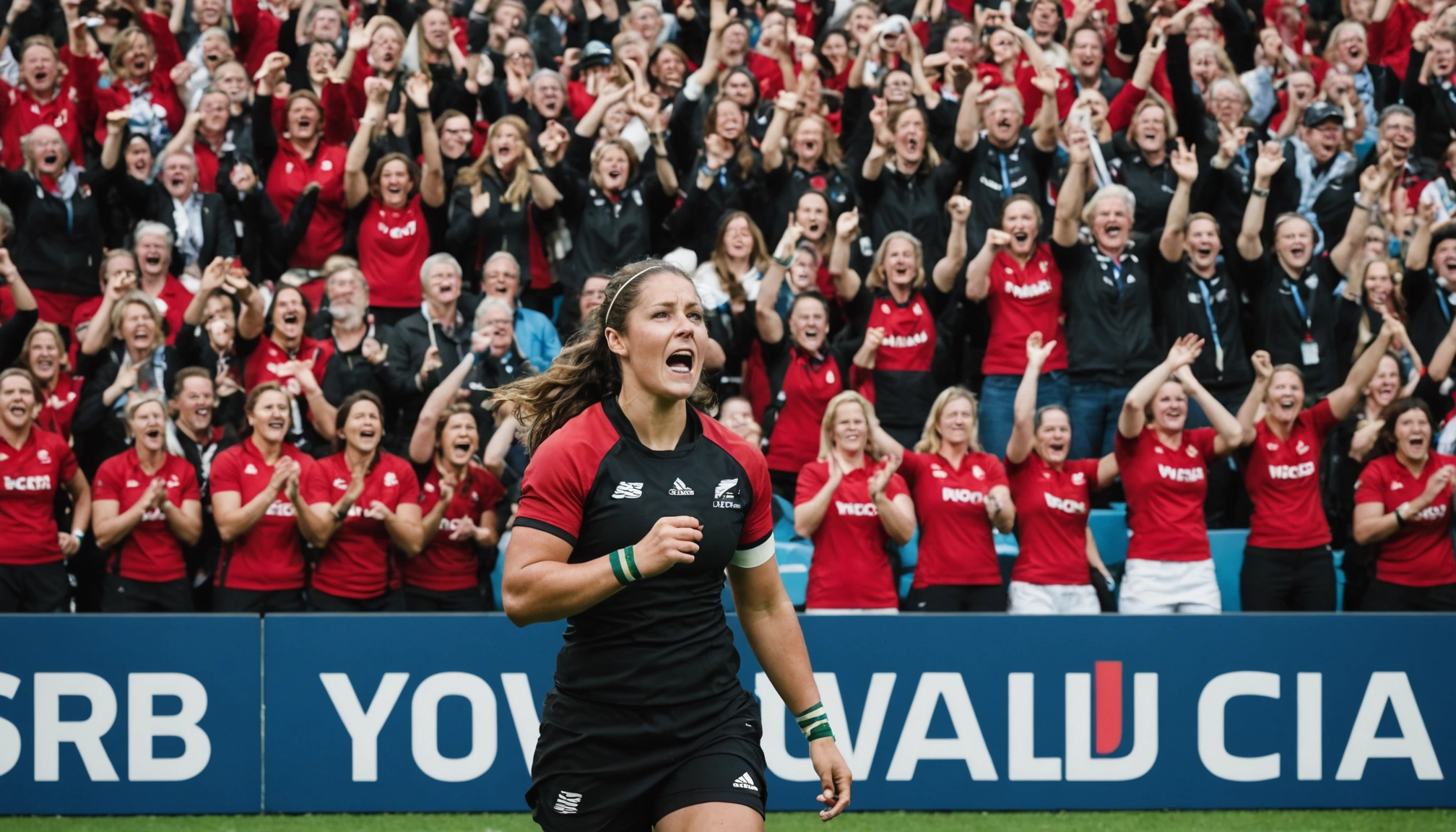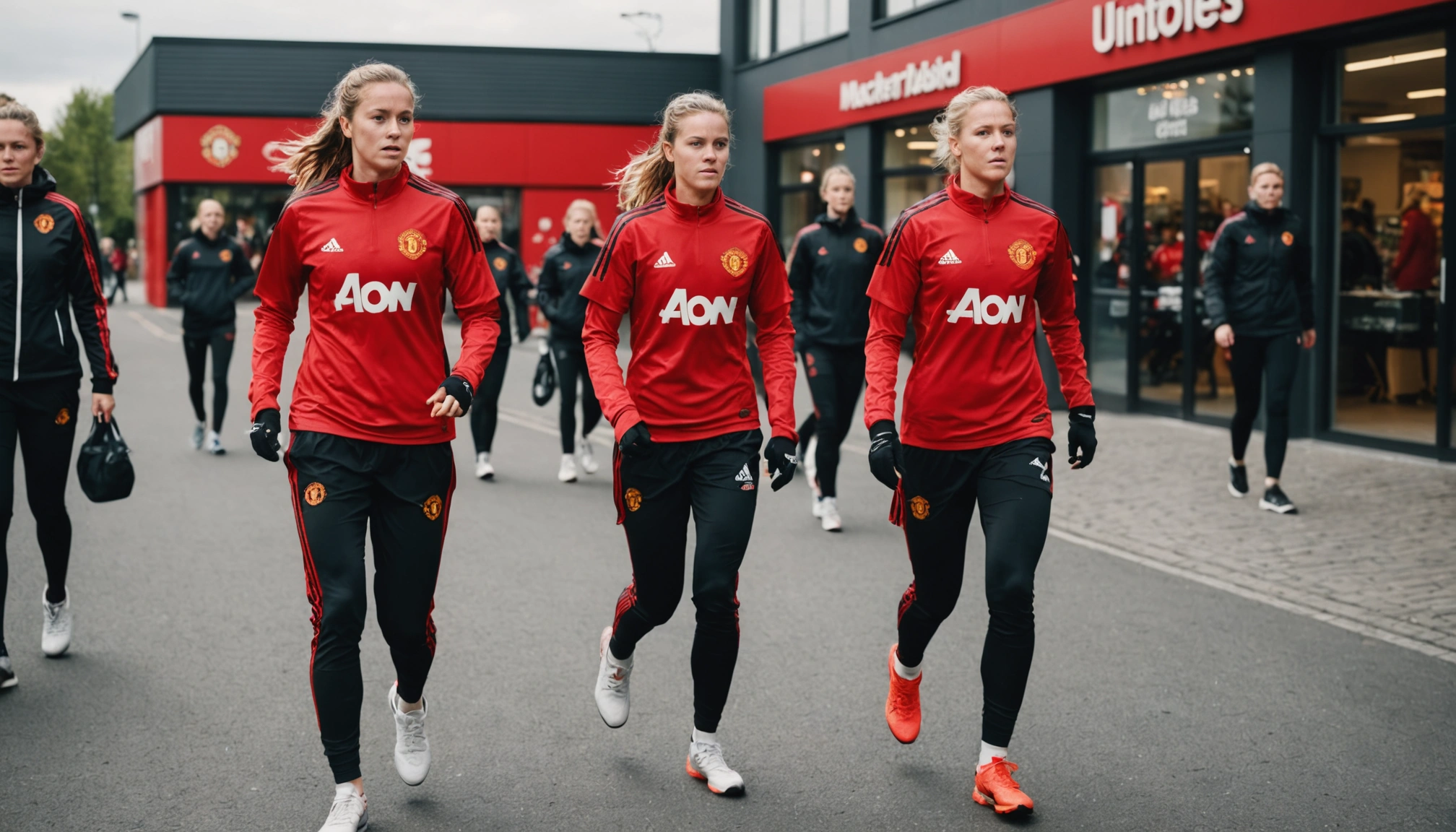Tom Wagner on Protecting Top Clubs While Growing English Football
Birmingham City's Tom Wagner stresses protecting top clubs to boost English football's pyramid. Insights on Premier League wealth, stadium plans & US market growth.

By Editorial
Introduction to Tom Wagner's vision for English football
Tom Wagner, the American investor behind Birmingham City, recently shared his thoughts on the delicate balance between protecting top Premier League clubs and supporting the wider English football pyramid. As Premier League wealth redistribution discussions continue amid government pressure and a newly established independent regulator, Wagner's insights shed light on the future of football governance and investment.
The importance of protecting top clubs
Wagner emphasises that top clubs are the cornerstone of English football's global appeal. "The top clubs in English football have to be protected at all costs," he said. His reasoning is clear: if the elite teams lose their dominance internationally, interest—especially from lucrative markets like the United States—will decline sharply. This international interest drives vital capital flows that benefit the entire football ecosystem.
Indeed, the Premier League boasts a significant US ownership presence, with 11 out of 20 clubs owned by American investors. This transatlantic connection not only fuels investment but also expands the league’s global audience. Wagner believes that maintaining the strength of top clubs keeps English football attractive worldwide, which in turn supports the development of lower leagues.
Premier League wealth redistribution and regulatory challenges
Discussions about sharing Premier League revenues with lower-league clubs have intensified, especially with the government establishing an independent football regulator empowered to enforce deals if necessary. The Premier League, however, argues for self-governance, warning that external intervention could hamper competitiveness and investment in world-class talent.
Wagner acknowledges the pyramid’s importance but cautions against "taking too much from the top clubs to support the pyramid." His stance highlights a tension: how to fairly support lower divisions without weakening the elite clubs that generate the most revenue and international interest.
Birmingham City’s unique position in the EFL
Since Wagner’s involvement began in July 2023, Birmingham City has become one of the richest clubs in the English Football League (EFL). Backed by substantial US investment, Birmingham clinched promotion from League One to the Championship last season with a record-breaking 111 points.
Financially, Birmingham spent approximately £25 million in League One during that campaign—surpassing the combined spending of all other clubs in that division, according to Transfermarkt data. This spending power places Birmingham alongside fellow wealthy EFL club Wrexham, owned by Hollywood personalities Rob McElhenney and Ryan Reynolds.
Such investment illustrates the growing influence of US owners in English football beyond the Premier League. The Championship is becoming a more competitive and financially robust league, which adds depth to the English football pyramid. For readers interested in the broader structure, this comprehensive guide to UK and Ireland football leagues and cups offers valuable context.
International expansion and the US market
Wagner is a vocal advocate of expanding English football's footprint in the United States. Birmingham City and Wrexham, both US-owned Championship clubs, have seen strong broadcast viewership in America. Wagner believes the US market is still largely untapped and could offer exciting growth opportunities.
He supports proposals like an overseas 39th Premier League match in the US, which could further increase engagement. Birmingham City has even explored the idea of staging matches there, signalling a strategic push towards internationalisation.
The role of stadium development in football growth
Beyond the pitch, Wagner has ambitious plans for Birmingham’s future, including the Sport Quarter development, anchored by a proposed 62,000-seat multipurpose stadium. The aim is to transform Birmingham into a football destination, reducing the need for fans to travel to London or Manchester for major matches.
This investment in infrastructure is designed to boost local fan engagement and enhance the city’s profile within English football. Large stadiums can also host diverse events, generating broader economic benefits.
Supporting local rivals to elevate Birmingham football
Interestingly, Wagner welcomes the success of Birmingham’s local rivals like Aston Villa and Wolverhampton Wanderers. Contrary to traditional rivalry bitterness, he views their achievements as beneficial to the city’s football scene overall.
He points to examples like Manchester’s United and City clubs and London’s multiple successful teams to illustrate how strong city rivalries can increase interest and quality across the board. Encouraging this competitive environment could help raise the profile of football in Birmingham and beyond.
Wagner’s approach to football ownership
Despite the trend of multi-club ownership worldwide, Wagner and his team have no interest in owning multiple clubs. They briefly considered investing in a London club but found valuations too high before committing to Birmingham City.
This focused approach allows them to concentrate resources and attention on building a sustainable future for one club, aiming for long-term success rather than spreading investment thinly.
Conclusion: Balancing ambition with sustainability
Tom Wagner’s perspective highlights the complex balancing act in English football today: protect and invest in top clubs to maintain international appeal while ensuring the pyramid below grows with fair support. With significant US investment flowing into clubs like Birmingham City, and plans for stadium development and international expansion underway, the future looks promising.
Optimising this growth requires cooperation between Premier League elites, lower leagues, regulators, and fans. As debates continue over revenue sharing and governance, it is clear that safeguarding the top clubs’ competitiveness is seen as critical to English football’s global success.
For those keen to follow related developments and detailed football insights, Premier League top scorers and key football transfers coverage offer regularly updated perspectives on the sport’s dynamic landscape.
Related topics
Editorial
Sports expert at SportsScoop
Specialist in sports analysis and journalism
Related articles
Want to read more?
Explore our comprehensive collection of sports articles and analysis, or contact us for more information.



